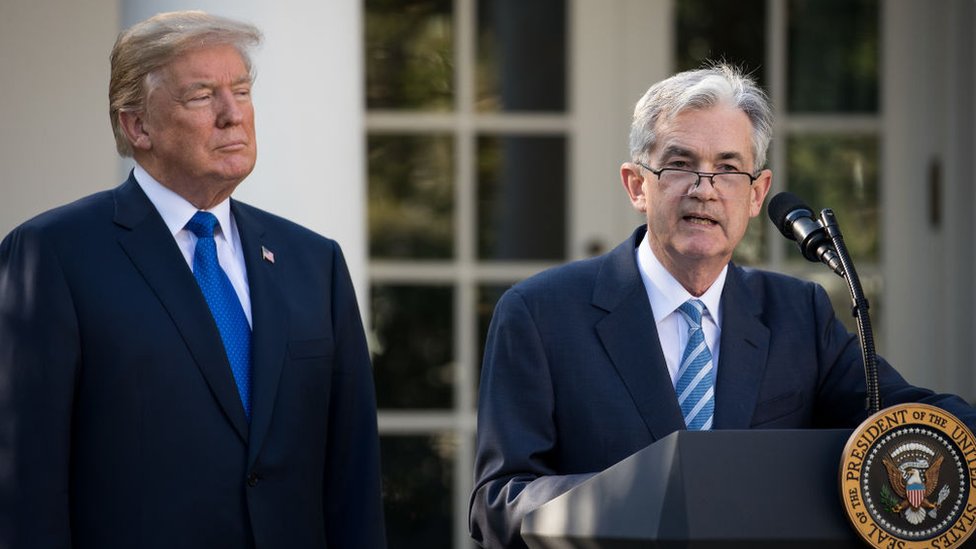According to Mr. Trump, the president ought to have input into the choices made by the Federal Reserve (Fed), an independent organization.
“In my opinion, the president ought to have a voice. Since I’m wealthy and quite successful, I frequently have superior intuition to government officials like the Chairman of the Federal Reserve,” Trump remarked. stated on August 8 to the media at the Mar-a-Lago estate in Florida.
The Wall Street Journal revealed in April that if Trump is re-elected, plans put forth by his supporters may make it more difficult for the Fed to function independently. The Trump campaign remained silent in response to this data.
Nonetheless, the former president appeared to support the aforementioned plan based on his remarks from yesterday. He intends to voice his thoughts on the Fed’s interest rate choices and banking management recommendations that ought to be brought to the White House for review if he is elected US president.
What can the president do?
The president nominates the chairman and the other six Fed Board of Governors members, who are then confirmed by the Senate. Nevertheless, this institution makes choices that have a significant impact on the path of the US economy and international markets without the interference of politicians. The USD’s status as the global reserve currency is preserved by the Fed’s independence. From there, despite the fact that the national debt has hit a record $35,000 billion USD, the government may borrow large sums of money by selling bonds at cheap interest rates.
The next US president will select a new Fed Chairman during the first two years of his administration. According to experts, Trump has the ability to sway the Fed provided he choose an ally who would carry out his directives and get Senate approval.
Analysts are concerned, nevertheless, that this would lead to the Fed implementing incorrect policies. President Richard Nixon, who had chosen Arthur Burns for the role, put pressure on the then-Fed Chairman in the early 1970s. Because of this, Burns continued monetary easing prior to the 1972 election even while inflationary pressures were increasing.
Inflation reached over 12% by 1974 and was high for the duration of the decade. Only a series of interest rate-raising measures implemented by Fed Chairman Paul Volcker were able to contain inflation, which caused the US to enter two recessions in the early 1980s.
The present term of Fed Chairman Jerome Powell expires in 2026, and in 2028, so does his membership on the Board of Governors.
A brief overview of the current Fed chairman
Powell has served as Fed Chairman since 2018 after former President Trump selected him for the role. But as time went on, Powell’s actions caused Trump to increasingly lose patience with him since the Fed kept raising interest rates. According to Bloomberg, the former US president frequently publicly attacked the Fed throughout the 2018–2019 term and expressed a desire to remove Powell.
But Trump stated last month in a Bloomberg interview that if Powell was re-elected, he would not attempt to dismiss him.



